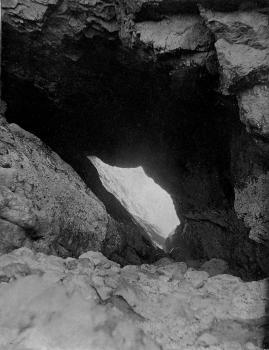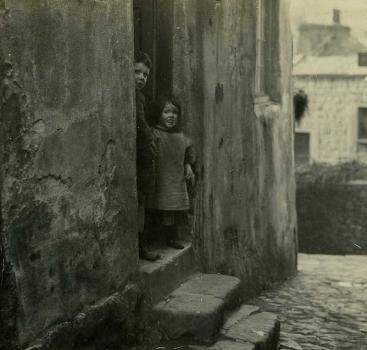From the Report of the Royal Commissioners deputed to the Island of Guernsey in 1815, published by J. A. Chevalier and N. Mauger in Guernsey in 1817. This investigation into Guernsey law came about after vociferous complaints to the Crown by non-native residents, or Strangers, about their lack of property and other rights in the island, especially when it came to laws concerning debtors and creditors.
From the Gazette de Guernesey, 4th August 1821
Chamber’s Journal, 1838. 'Both Alderney and Serk enjoy an excellent climate, and on that account a few residents, chiefly retired officers, have fixed their abode in these islands. But the luxuries of life are too scarce to render the small Channel isles ever the chosen abode of the wealthy.' 'It may seem strange to say of any portion of the British dominions, that reading is unknown: such, however, is the case in Alderney.'
A digitized copy of Ferdinand Brock Tupper's collection of biographies of eminent Guernseymen, arranged chronologically, beginning with John Andros in 1554, and ending with the death of Bernard Ouseley Brownrigg in 1864.
An extract from the Reverend James Cachemaille's fascinating guide to his adopted home, translated from the French by Louisa Harvey. How his friend the Seigneur discovered the Gouliot Caves, once a famous tourist destination, and a description of their 'Chimney' souffleur in a gale. The photograph of the caves is part of the Priaulx Library Collection and dates from 1900.
We asked the question: who wrote the following and when? 'Cross a ravine, go down and across Mill Street, into a sort of fissure between two tall houses, climb up a narrow and interminable set of tortuously winding steps with loose paving stones, and you find yourself in a Bedouin village; hovels, cracks in the roads, dirt alleys, burnt gables, ruined houses, deserted rooms, windowless and doorless with grass growing inside them, beams across the road, ruins blocking the way, here and there an inhabited cottage, little naked boys, pale women; you would think you were in Zaatcha.' And gave you a clue: the original is in French. [By Dinah Bott]
From the Supplement to the Memorial of the Jersey Reform Committee to the Commissioners apppointed by Her Most Gracious Majesty to enquire into the civil, municipal, and ecclesiastical laws of Jersey and for other purposes, 1859, p. 39. The Jersey upper classes appropriate a Guernsey Order in Council, to ensure they are correctly addressed by the lower orders.
Shame and humiliation, the penalty for not conforming: the Amende Honorable, or Porter le linceuil.
St Peter Port Parish Magazine, July 1870. The Barrieres were redefined and extended for an important law of 1840 which modernised the Guernsey Law of Real Property. See Jeremie's commentary, On the Law of Real Property in Guernsey, Guernsey, Redstone, 1841.
The swarthy locals and their barbarous dialect, an excerpt from the Dublin University Magazine, 1846. This is no doubt based on Inglis' 1834 description of the Guernsey peasant: 'I cannot greatly compliment the personal appearance of the Guernsey country people. There are dark and sparkling eyes among the women .... The men are, with few exceptions, badly limbed; and among the women too, the bust is better than the ankles.'


